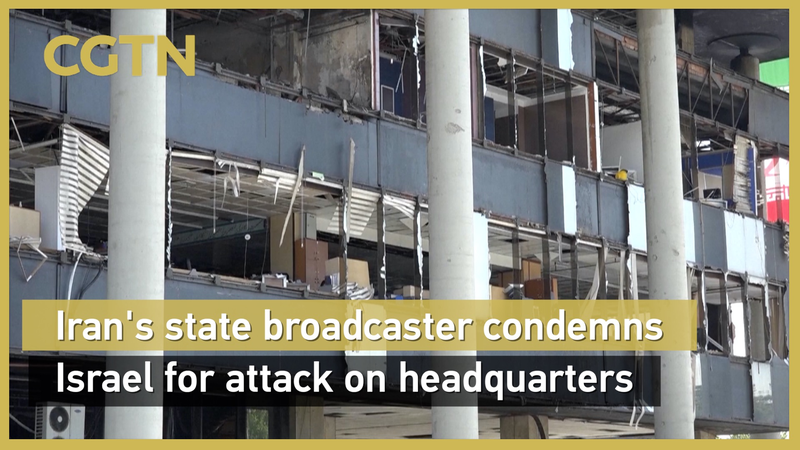In a bold move on June 25, Payman Jebelli, president of the Islamic Republic of Iran Broadcasting (IRIB), slammed Israel for an air strike that battered IRIB’s Tehran headquarters during a live broadcast on June 16. He announced plans to file a lawsuit, accusing Israel of trampling press freedom and freedom of speech.
The June 16 strike, which unfolded in real time on air, left the broadcaster’s central hub in shambles and sent ripples through newsrooms across the region. "Targeting a media outlet is a direct attack on the public’s right to information," Jebelli said, underlining the incident’s risk to journalists and viewers alike.
For young global citizens tracking international tensions, this lawsuit shines a spotlight on the fragile state of media rights in conflict zones. It raises critical questions: Who protects journalists when the front lines move from battlefields to broadcasting studios?
Entrepreneurs and tech innovators, many of whom rely on real-time reporting and data transparency, are watching closely. A successful legal challenge could bolster safeguards for digital platforms and news networks operating under fire, shaping future investments in media tech across emerging markets.
Thought leaders and activists see potential in this case to ignite a broader debate on accountability and human rights. If the lawsuit wins recognition in international courts, it could set a precedent for holding states liable for targeting media infrastructure.
Digital nomads and travelers—who depend on real-time reporting to navigate hotspots—are also invested. A legal victory could reinforce the quality of information available to those exploring regions where reliable news is most crucial.
As the world tunes in, the outcome of this legal battle could redefine how conflict-era journalism is protected worldwide. Stay informed on myglobalnews.net for in-depth coverage of this landmark case and its global impact on press freedom.
Reference(s):
Iran's state broadcaster condemns Israel for attack on headquarters
cgtn.com




